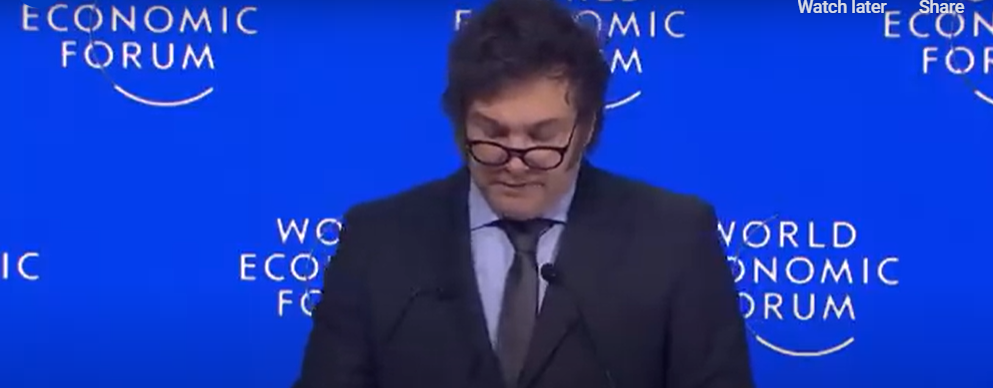WHO partners with Europe to create global vaccine passport

The World Health Organization (WHO) Monday announced the launch of its “digital health partnership” with the European Commission which will involve global vaccine passports.
According to the WHO, the passport system will allow “global mobility” and protect people not only from “future health threats” but those that are “on-going”.
“In June 2023, WHO will take up the European Union (EU) system of digital COVID-19 certification to establish a global system that will help facilitate global mobility and protect citizens across the world from on-going and future health threats, including pandemics,” announced the WHO in a statement.
The globalist organization clarified that this will likely include a global vaccine passport, much like many western countries used during the COVID-19 pandemic:
“This partnership will work to technically develop the WHO system with a staged approach to cover additional use cases, which may include, for example, the digitisation of the International Certificate of Vaccination or Prophylaxis. Expanding such digital solutions will be essential to deliver better health for citizens across the globe.”
As a “first step”, the WHO and European Commission will “ensure that the current EU digital certificates continue to function effectively.”
Applications for these global vaccine passports are also in the works. The WHO also launched a partnership with the Rockefeller Foundation last month to discover pandemics caused by “climate change”.
Rockefeller’s $5 million investment in the World Health Organization (WHO) Hub for Pandemic and Epidemic Intelligence will “cultivate global networks” to detect pathogens and diseases “worsened by rising temperatures and extreme weather.”
But the globalist organization suggests that it will not only look for climate-induced pandemics, it will declare any new pandemic as having been caused by “climate change”.
“Climate change is increasing both the risk of another global pandemic and the need to collaborate and share data,” said Rockefeller Foundation President Dr. Rajiv Shah in a statement. “Fortunately, the WHO Pandemic Hub is already making us smarter and safer by helping track threats, find solutions, and connect countries and continents. We’re proud to partner with the Hub to expand its focus on preventing pandemics fueled by climate change.”
One of the tools that will be used to “detect” climate pandemics is data.org, an initiative founded by Rockefeller and Mastercard and funded by Microsoft, the United Kingdom government, and dozens of other partners.
Data.org runs the Capacity Accelerator Network (CAN), whose aim is to flood the public space with research showing how everything is impacted by “climate change” particularly health. In Africa, for example, where hundreds of thousands of people die each year from malaria, data.org will show how the disease’s parasites are affected by the weather. The malaria victims could then be said to have died from “climate change”. This will influence government policies.
By 2032, the organization hopes to build a one million-man army of operatives across several sectors. These operatives will use their positions to further the climate pandemic narrative. Academics will create the research and make it part of their curricula, media operatives will publicize it, social media censors will suppress debate on the issue and government lawmakers will create the policies.
“Through its Capacity Accelerator Network, or CAN, data.org is committed to training 1 million, purpose-driven data practitioners by 2032 through a global ecosystem of academic, philanthropic, social impact, government, and private sector partners,” explains a sponsored article from data.org. “The aim is to build talent to solve systemic challenges such as those at the intersection of climate change and health.”
The CAN initiative is already running in the US, Africa and, as of last month, in India as well.
“[O]ur number one objective is to create an accelerator — or a network of networks — within India that results in a unified ecosystem of practitioners, universities, government entities, and private sector organizations who are all focused on building talent to address systemic challenges across health and climate,” said data.org’s Chief Data and Technology Officer Uyi Stewart.




